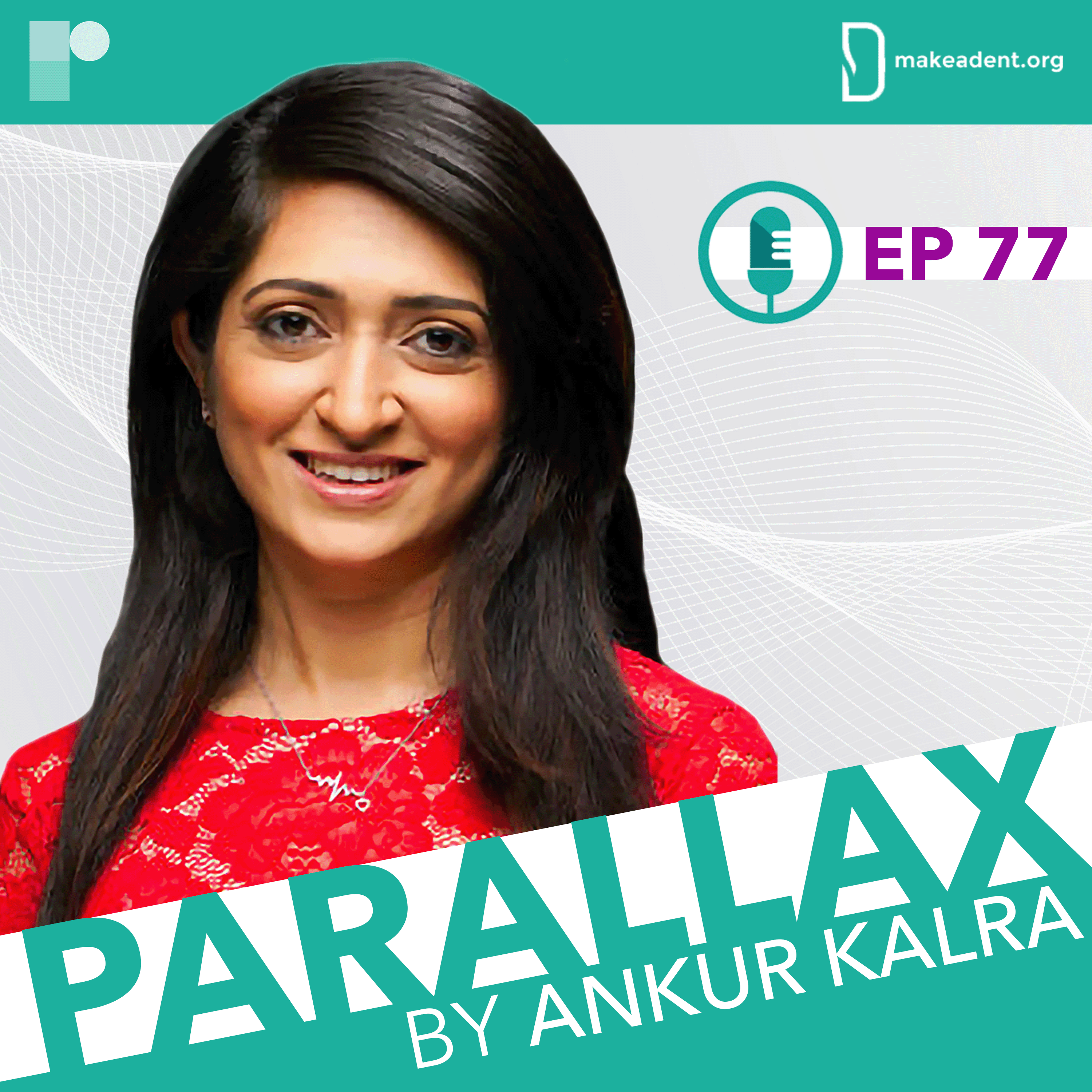
Back by popular demand, Dr Ankur Kalra's guest is Dr Purvi Parwani, Director of Women’s Cardiovascular Disease Clinic and Assistant Professor at Loma Linda University Medical Center, US. In this ESC 2022 edition of Parallax, Ankur asks Purvi to review her highlights of the congress. Purvi details the study design and key findings of each trial and provides her insights after attending the event in Barcelona. Ankur and Purvi discuss how each trial will inform their practice.
Trials covered in detail include:
- REVIVED: Study of Efficacy and Safety of Percutaneous Coronary Intervention to Improve Survival in Heart Failure (NCT01920048)
- DANCAVAS: Danish Cardiovascular Screening Trial II (NCT03946410)
- DELIVER: Dapagliflozin Evaluation to Improve the LIVEs of Patients With PReserved Ejection Fraction Heart Failure (NCT03619213)
- SECURE: Secondary Prevention of Cardiovascular Disease in the Elderly Trial (NCT02596126)
- INVICTUS: INVestIgation of rheumatiC AF Treatment Using Vitamin K Antagonists, Rivaroxaban or Aspirin Studies, Non-Inferiority (NCT02832544)
What are the key take-home messages of ESC 22? How can we implement these findings into daily practice? Where are the opportunities for further research?
Questions and comments can be sent to “podcast@radcliffe-group.com” and may be answered by Ankur in the next episode.
Guest: @purviparwani, host: @AnkurKalraMD and produced by: @RadcliffeCARDIO.

Dr. Ankur Kalra invites Dr Salim S Virani to help simplify the concept of Lp(a) with answering key questions about its measurement and its place in practice and prevention.



This episode features a vascular neurologist and an interventional cardiologist who will discuss the relationship between their two fields of medicine.

In this rich and insightful discussion, Dr Kittleson talks about the origins of famous #kittlesonrules, a collection of tips for doctors shared on Twitter, and her thoughts on mentorship. We learn more about Mastering the Art of Patient Care. Dr Kalra and Dr Kittleson discuss strategies for managing difficult situations in patient care.

What do you need to know about hospital investigations? What is the difference between OPPE and FPPE? How can you get educated on hospital bylaws and processes?






